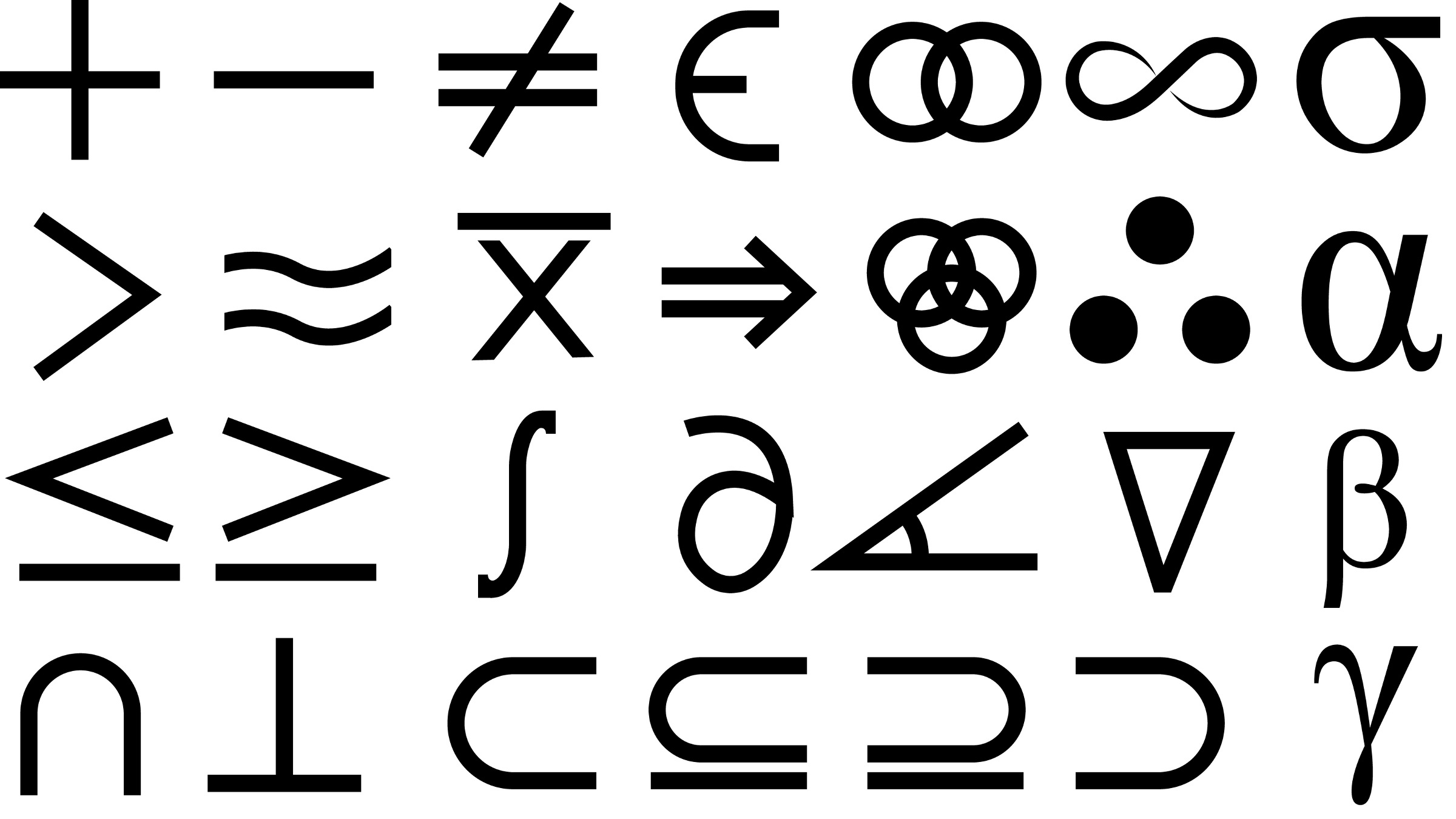In the end—and at the beginning—it’s all about programming.
This issue travels our programming roots to the latest in high-performance and aspect-oriented programming trends, with several markers along the way to discuss the measurement of productivity, roadblocks to teaching programming, software project characteristics, how software engineers use mathematics, and much more.
We begin with a special section on aspect-oriented programming (AOP)—an emerging branch of the post-object programming era based on the notion that a computer system is better programmed by separately specifying the system’s areas of interest. AOP addresses crosscutting concerns through modularization, thus alleviating and controlling much of code tangling potential.
Guest editors Tzilla Elrad, Robert Filman, and Atef Bader have coordinated a section of articles that explore all sides of AOP, including its development, its applications, and its enhancement toward a complete AOP software engineering process. Earlier this year, MIT’s Technology Review voted AOP one of the 10 emerging areas of technology that will profoundly impact our economy and our lives. We are grateful to all who have helped bring you this breaking story.
We also present an editorial discussion that debates the importance of pursuing a high-performance version of Java. Guest editors Cherri Pancake and Christian Lengauer contend some of Java’s past problems focused on inefficiencies traceable to naïve implementations. They explain Java has significantly more potential for HPC than is commonly believed; indeed, its weaknesses are surmountable. The articles in this section prove just that by illustrating applications exploiting Java’s strengths.
In "The Business of Software," Phillip Armour compares modern software projects to the renaissance days when hardware meant mainframes and software was huge, slow, and often clumsy. And Keith Devlin argues in "Viewpoint" that despite testaments to the contrary, software engineers actually do make use of their college mathematics.
In a pair of "Technical Opinion" columns, Henry Ledgard takes a controversial stance for measuring productivity from a scientific perspective that has so far eluded the software industry. Ralph Westfall argues the "Hello, World" program—a staple of introductory programming classes for almost 25 years—is harmful to the development of object-think.
Diane Crawford,
Editor



Join the Discussion (0)
Become a Member or Sign In to Post a Comment